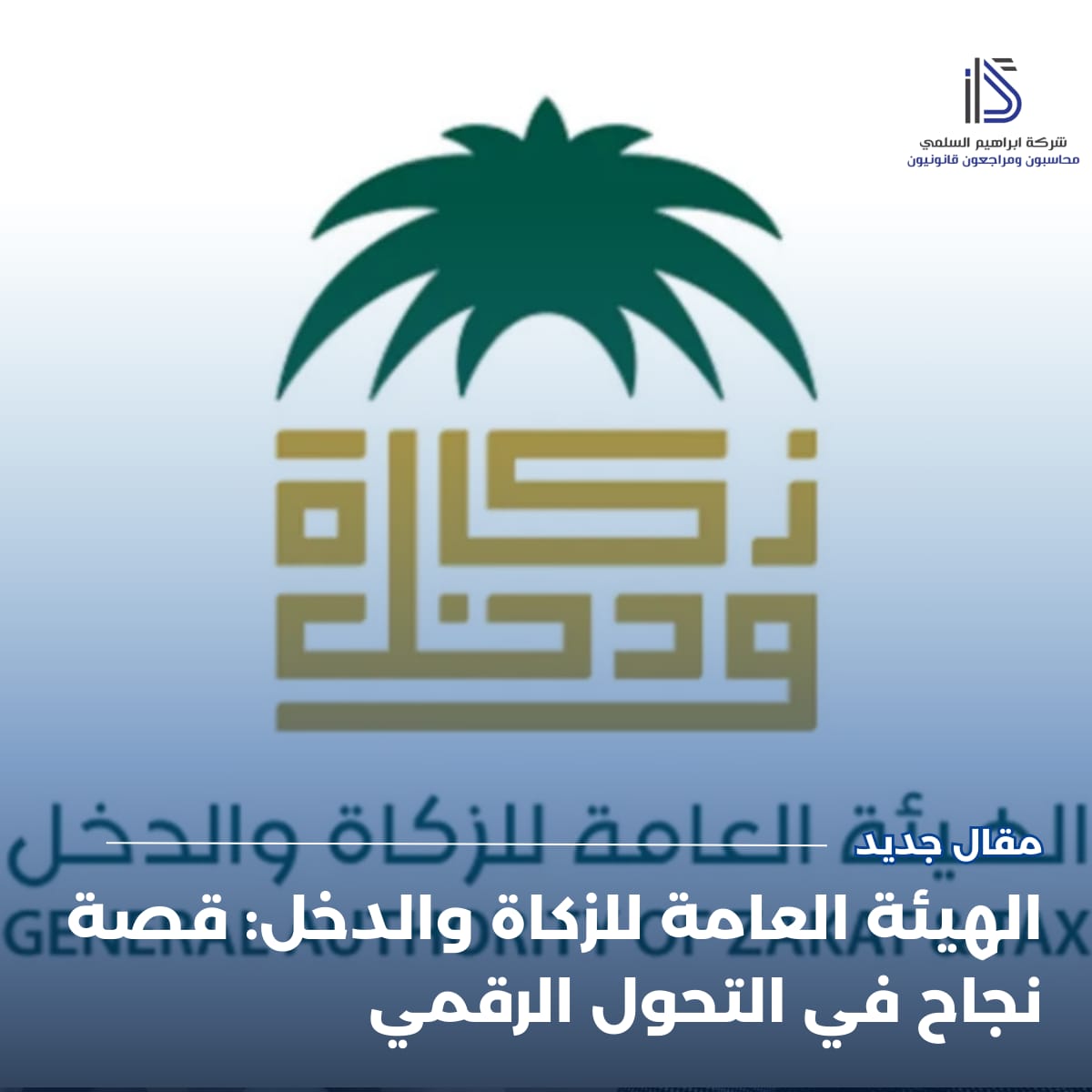General Authority of Zakat and Tax: A Success Story in Digital Transformation
The General Authority of Zakat and Tax (GAZT) in Saudi Arabia is one of the leading government institutions that has successfully achieved digital transformation. The authority was established in 2018 and is responsible for collecting zakat, taxes, and customs in the Kingdom.
Since its establishment, GAZT has focused on achieving comprehensive digital transformation in all its work and services. The authority has already achieved many accomplishments in this area, which have contributed to streamlining procedures for taxpayers, enhancing transparency and accountability, and improving the operational efficiency of the authority.
Electronic Services of the General Authority of Zakat and Tax
GAZT offers a wide range of electronic services to taxpayers, which are characterized by ease of access, speed, security, privacy, flexibility, and customization. Some of the most prominent of these services include:
- Submitting zakat, tax, and customs declarations.
- Retrieving the status of declarations.
- Paying zakat, taxes, and customs.
- Obtaining relevant certificates and documents.
Examples of the electronic services offered by GAZT include:
- The “Profession Zakat” service, which allows taxpayers to submit their zakat declarations electronically, verify the status of declarations, and pay the due zakat.
- The “Value Added Tax” service, which allows taxpayers to submit their tax declarations electronically, verify the status of declarations, and pay the due tax.
- The “Import and Export” service, which allows taxpayers to submit import and export data electronically and obtain the necessary approvals.
The Use of Artificial Intelligence and Machine Learning in the General Authority of Zakat and Tax
GAZT is one of the leading government institutions in the use of artificial intelligence and machine learning in its work. The authority uses these technologies in a variety of areas, including:
- Data analysis and decision-making.
- Detecting violations and fraud.
- Providing self-service to taxpayers.
Examples of the use of artificial intelligence and machine learning in GAZT include:
- Using artificial intelligence to analyze taxpayer data and identify suspicious cases.
- Using artificial intelligence to process tax and customs data faster and more accurately.
- Using artificial intelligence to develop predictive models to identify the risk of violations.
The Digital Future of the General Authority of Zakat and Tax
GAZT is one of the government institutions that has a clear vision for the digital future. The authority aspires to be a leader in the field of digital transformation in Saudi Arabia by adopting the latest technologies and best global practices.
The authority aims to achieve many goals in the field of digital transformation, including:
- Providing all of its services entirely electronically.
- Relying on artificial intelligence and machine learning in all of its operations.
- Building strategic partnerships with government and private institutions.
These goals will contribute to strengthening the position of GAZT as a leading institution in the field of digital transformation in Saudi Arabia.
Challenges Facing the General Authority of Zakat and Tax
Despite the accomplishments of GAZT in the field of digital transformation, there are some challenges that the authority faces, including:
- The need to develop human capabilities in the field of digital technology.
- The need to enhance trust between taxpayers and the authority.
- The need to overcome challenges related to the digital work environment.
Recommendations
In order to overcome the challenges facing GAZT, the following recommendations are offered:
- Develop specialized training programs in the field of digital technology for employees in the authority.
- Launch awareness campaigns to enhance trust between taxpayers and the authority.
- Develop innovative technological solutions to overcome challenges related to the digital work environment.
Conclusion
GAZT is one of the leading government institutions in the field of digital transformation in Saudi Arabia. The authority has already achieved many accomplishments in this area, and it is well-positioned to continue its success in the future.
